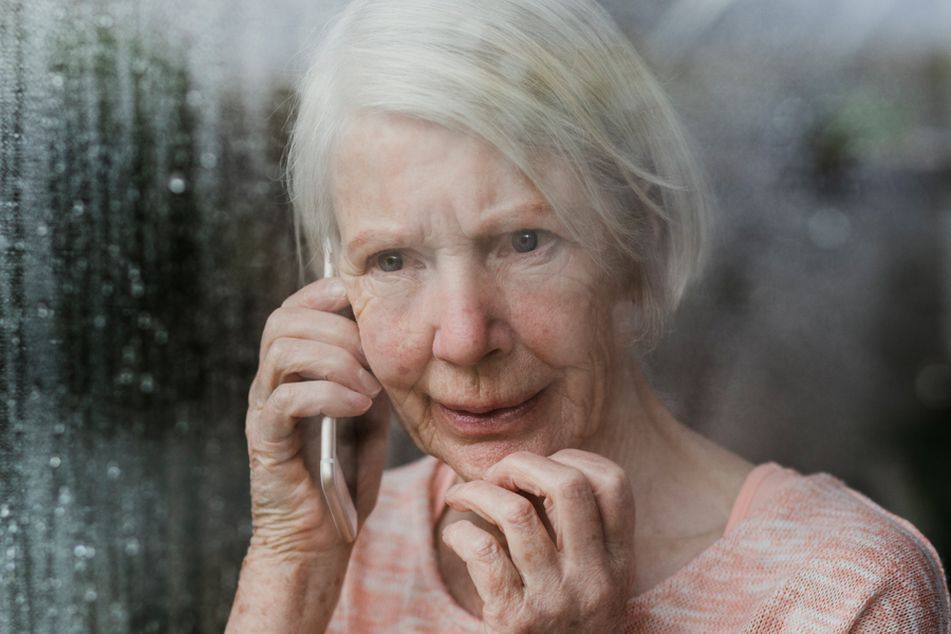Dealing with widows requires empathy and patience

Advisers can help with financial triage and encourage clients to avoid rushing into nonurgent decisions.
I often write about the need to protect clients from the financial risks of living too long, but last week I was reminded that not everyone is blessed with long life.
My husband Mike decided to accompany me on a trip to Chicago last week for my presentation to the annual InvestmentNews Retirement Income Summit. It gave him a chance to visit with two college friends who live there while I connected with InvestmentNews readers from around the country.
But things didn’t go as planned. He never got to see his friend Jeff, who died the day after we arrived following a massive heart attack. Jeff was 66 and enjoying a well-planned retirement after a successful career.
Mike was shocked and heartbroken over the sudden loss of his fraternity brother. My sympathies lay with Jeff’s wife Carol, who had no warning that her husband of 42 years would be taken from her in an instant.
Ironically, we received the news of Jeff’s passing just after I completed an interview with Kathleen Rehl, author of “Moving Forward on Your Own, a Financial Guidebook for Widows,” as part of my new podcast series, Retirement Repair Shop. Each podcast focuses on a single issue that can derail retirement plans, such as widowhood, gray divorce, disability or job loss. I interview experts in the relevant fields who offer strategies on how individuals can get their lives and retirement plans back on track.
Ms. Rehl is a leading expert on widowhood, both as a researcher and a certified financial planning professional. She helps financial advisers develop and hone their skills to deal with widowed clients and to attract and connect with potential clients.
Widows comprise one of the fastest growing segments of the U.S. population. More than 1 million women are widowed every year in America and the total number of widows will soon reach 13 million, according to the U.S. Census Bureau.
While no woman wants to join this heartbreaking club, 70% of all married women will experience widowhood and 80% of women will die single. In contrast, 80% of men die married.
The average age of the onset of widowhood is 59 and widows are likely to live another 15 years or more on their own. But they are unlikely to continue working with their current financial advisers; 70% of widows fire their adviser after their spouse dies, according to 2011 research by Spectrum Group.
When those widows walk, they will take their money with them. That can be a substantial loss to advisers as women are often dual inheritors, receiving assets from both their deceased spouses and their deceased parents.
“Financial advisers ought to spend more time and effort learning about the unique needs, wants and aspiration of the widowed population,” Ms. Rehl and her co-authors wrote in an article, “Widows Voice: The Value of Financial Planning,” in the January 2016 issue of the Journal of Financial Service Professionals.
Although every widow’s journey is different, financial advisers should be aware of some of the similarities in what their current or potential clients may be facing. Bottom line, most widows have the same question: Will I be OK?
“These widows are living one hour at a time and are dealing with ‘widow’s brain’ that is pure mush,” said Ms. Rehl, who launched her mission to help advisers deal with widows following her own experience as a widow more than a decade ago.
As an adviser, you can help your client with financial triage by delineating what needs to be done now, what should be done soon, and what can be left for later, Ms. Rehl said. Encourage your widowed client to take her time with nonurgent decisions. A new widow who’s in the early stages of grief doesn’t need to rebalance her portfolio immediately. That can come later when she is in the second stage of widowhood — growth.
Ms. Rehl offers several free guides for the newly widowed and their financial advisers on her website, including “Financial Steps for Recent Widows,” “Impactful Empathy: What to Say and How to Say it to Your Grieving Widowed Client,” and “How to Attract, Connect and Engage Widowed Clients.”
Ms. Rehl’s latest research focuses on how financial advisers can help widowed clients navigate romance and finance, as many widows eventually find love after loss and remarry or enter into long-term relationships.
“If financial advisers fail to inquire about a widow’s new relationships, they will miss a unique opportunity to establish a meaningful working alliance with the widow and her new partner,” Ms. Rehl wrote in a May 2017 article in the Journal of Financial Service Professionals.
“This could result in the dissolution of the client-adviser relationship,” she warned.
Learn more about reprints and licensing for this article.








